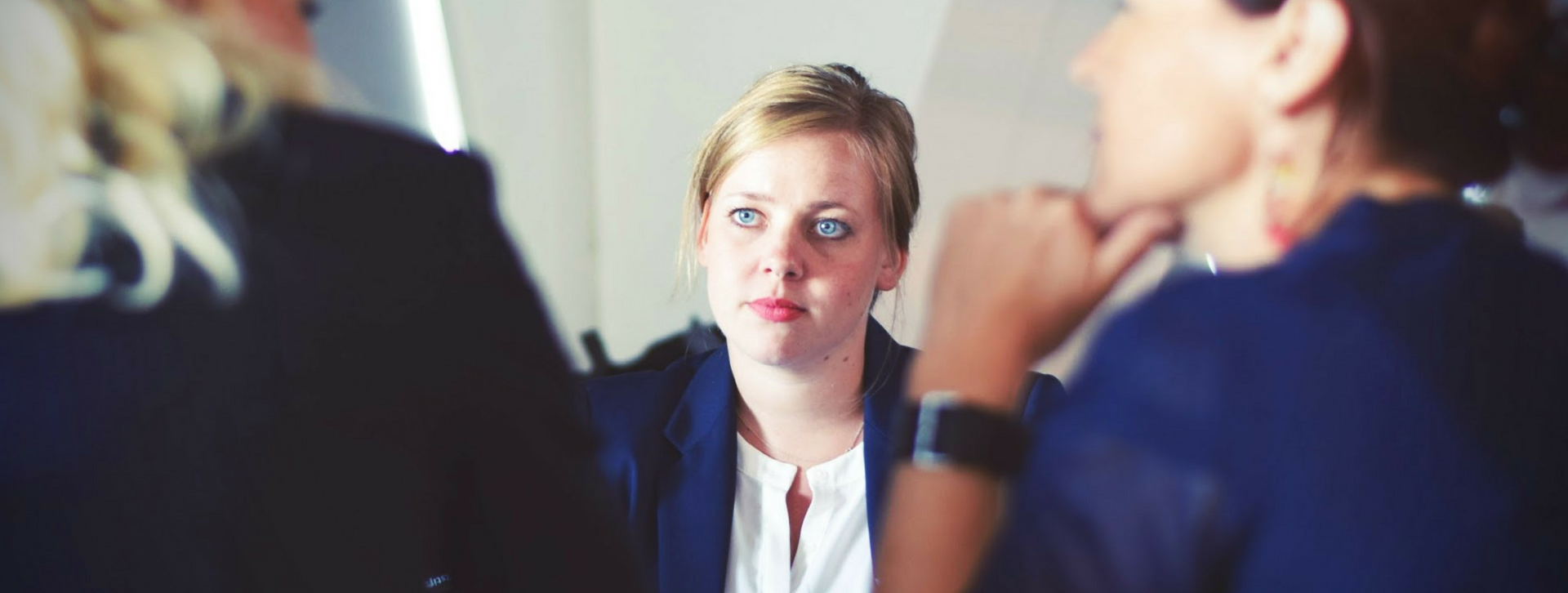Top 10 interview tips

Congratulations! You got an interview, which means they liked what they saw on your CV. Now you just need to close the deal by performing brilliantly at interview.
Don’t let nerves get the better of you. Dress smartly and most important of all – prepare, prepare, prepare.
1. Preparation: Be sure to thoroughly research the company that is interviewing you. Read their website, search for their press stories and check whether the people interviewing you are on websites/social media. For good measure, think about the general market they are in and research it too. It’s important you know about the market you are planning on working in. For more help read our ‘Preparing for Interviews’ page on Beyond the CV by logging in through your eDofE account.
2. Know your history: It’s surprising how many people go into an interview without reading and learning their own CV. When they ask you questions about your past, you should be confident in your knowledge of what you did. You should also know how to apply your past skills to the job you are applying for. You might have gained these skills through your DofE, previous work, studying or another activity. Be sure to say something like, “…and I have experience of X from doing… which I understand will be central to this role.”
3. Every company has its own dress code: Those looking for a job in law will have to dress differently to the more casual attitudes in the media industry. Above all make it look as though you have made an effort. Remember one day they may have to present you to clients – they’re going to want to know that you will be ready for that.
4. Be discreet: If they ask about your past employer, be positive but don’t reveal anything confidential. You may have signed a confidentiality contract in your last contract. Even if you haven’t don’t be tempted to say something you shouldn’t. If you badmouth past employers, what’s to say you won’t do the same with future employers. So keep to generalisations and stay positive about them even if in reality you couldn’t get away fast enough!
5. Be yourself: Remember you only want to work for a company that fits your personality. Company culture is so important. If you work somewhere that you don’t fit in, you won’t be happy. Feel free to ask them what the culture is like – it will show them that you are thinking about all aspects of the job.
6. Be on time: Nothing starts an interview off worse than poor time-keeping. So be sure to arrive early, even if it means sitting in a café across the street for half an hour. Turning up late just shows that you can’t organise your time properly and is disrespectful to people who are busy.
7. Be enthusiastic: Even if this is the twentieth job interview you’ve had and you’re starting to feel a little drained, don’t show it (this is your one off opportunity to talk to them). Instead tell them how fantastic the job sounds, how keen you are to work for their company, how useful the experience you’ve had to date has been. People want to hire someone with a positive attitude (which you can show from your DofE that you definitely are) – so be that person! Don’t forget to smile – it will relax you and the person interviewing you.
8. Listen carefully to the interviewer: Firstly you won’t be able to answer their questions accurately unless you do – don’t rush in to an answer to make yourself sound good, you could end up stumbling over your words and not making the point you needed to. Secondly, you need to hear more about the job and the company to decide if it’s the place you really want to work.
9. Ask questions: Asking appropriate questions shows that you are keen on the position. It also shows that you have thoroughly thought about the job, and want to know more. We’ve come up with a few questions to get you started.
10. Know how to describe your skills: For every answer you give, be sure to show how it relates to the job you are being interviewed for. Describe the SITUATION, the GOALS, the ACTIONS and the RESULTS. This process will come in useful. It shows that you understand not only the task but how it relates to the bigger picture. Not only that but the situation you described and the action you took produced results. If you can show that you understand these, within the context of the job you are applying for then you’ll do great at interview.




